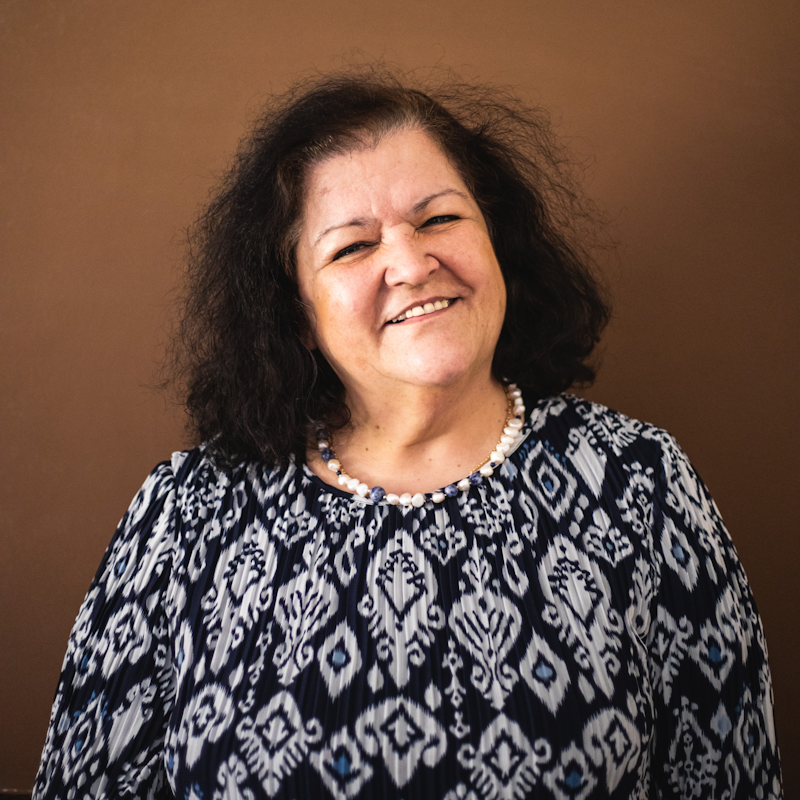LANDherit - Cultural Heritage, landscapes and Sustainable Tourism
Summary
Cultural heritage and sustainable tourism share a mutually beneficial relationship. Tourism generates revenue that can be reinvested in the conservation and restoration of heritage sites, while visitor engagement encourages communities to value and maintain their cultural practices. Sustainable tourism also drives local economic development and empowerment. It creates jobs in guiding, hospitality, handicrafts, and cultural events, promoting local entrepreneurship and reducing economic leakage to external actors. Selling traditional foods or crafts not only generates income but also helps preserve cultural practices.
Moreover, tourism revitalizes traditions by incentivizing communities to maintain festivals, rituals, and crafts, turning cultural identity into a living asset. Annual cultural festivals, for example, keep local dance, music, and storytelling vibrant while attracting visitors. Cultural heritage differentiates destinations, drawing tourists seeking authentic experiences and encouraging niche, culturally rich tourism over mass tourism. By highlighting lesser-known sites and unique cultural products, heritage helps explore new tourism offerings and diversify destinations. This approach also contributes to deconcentrating tourism, reducing pressure on overcrowded areas and distributing economic benefits more evenly across regions.
However, heritage is fragile and vulnerable to both anthropogenic pressures, such as overtourism, pollution, or improper development, and natural risks like climate change and erosion. Monitoring tourism impacts is essential to protect these sites and ensure visitor activities do not compromise their integrity. Safeguarding heritage requires integrating protection strategies with sustainable tourism, which enhances tourism authenticity and competitiveness while generating long-term benefits for communities, economies, and future generations.
This study adopts an integrated methodology combining geospatial analysis, in-situ observations, photographic documentation, interviews, and other qualitative and quantitative data. Together, these methods support vulnerability assessment, adaptive management, and long-term monitoring. Achieving resilience depends on integrated conservation, adaptive strategies, and strong community engagement, ensuring heritage and tourism develop in harmony and that cultural and natural values are preserved for future generations.
Research Group: Territories and Organisations for Sustainable Development (TOSD)
Sustainable Development Goals
8. Decent Work and Economic Growth
11. Sustainable Cities and Comunities
12. Responsible Consumption and Production
13. Climate Action
17. Partnerships to achieve objectives





Publications
-
Freitas, I. V., & Silva, F. M. (Eds.) (2025). Cultural Landscapes in Transition: Balancing Heritage, Development, and Sustainability. Land, (special issue), 1. Repositório Institucional UPT. https://hdl.handle.net/11328/6113
Freitas, I. V., Martoni, R. M., & Bruno, K. A. (2023). Elementos do valor patrimonial e de memória. Enfoque desde Itatiaia (Ouro Branco, MG, Brasil). PatryTer, 6(12), 1-18.
Freitas, I. V., & Martoni, R. M. (2025). Revitalizing the Estrada do Paraibuna: Exploring sustainable and regenerative Tourism dynamics. Heritage, 8(6), 214, 1-16. https://doi.org/10.3390/heritage8060214
Freitas, I. V. d., Mourão, P. J. R., & Albuquerque, H. (2025). Do medieval castles drive heritage-based development in low-density areas? Heritage, 8(6), 197, 1-24. https://doi.org/10.3390/heritage8060197
Ramazanova, M., Freitas, I. V., Castro, A. M., & Dentinho, T. P. (2025). Perceptions of Residents of the North of Portugal on Traditional Gastronomy with a Generalized Q Analysis. Revista Portuguesa de Estudos Regionais (RPER), (72), 97-113. https://doi.org/10.59072/rper.vi72.743. Repositório Institucional UPT. https://hdl.handle.net/11328/6666
Silva, F. M., & Freitas, I. V. (Eds.) (2025). Revitalizing Heritage Places and Memories for Sustainable Tourism. Heritage, (special issue), 1. Repositório Institucional UPT. https://hdl.handle.net/11328/6138




